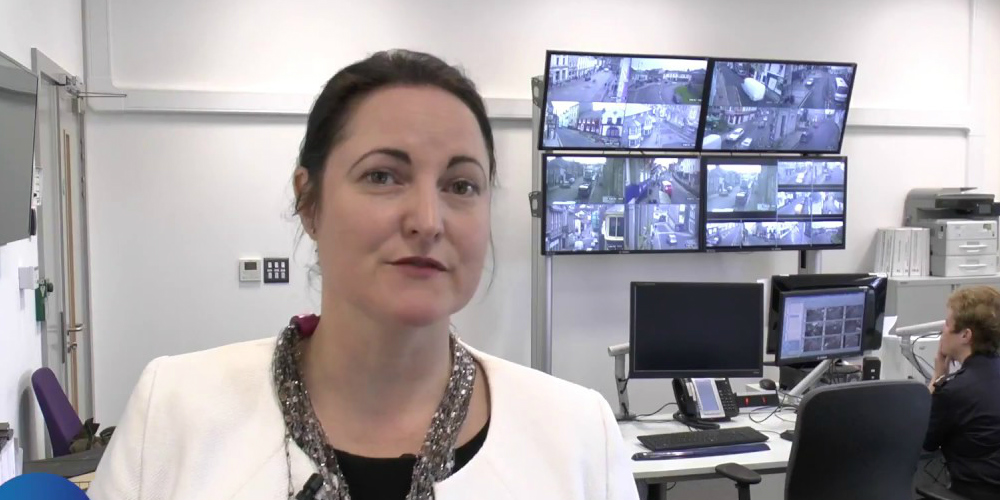Shop owners in Devon and Cornwall will now be given a say in the punishment for those committing low level crime in their stores through the Deferred Charge Scheme.
The new deferred charge scheme allows victims of crime to decide whether the offender should receive an existing method of punishment, such as a fine, or an innovative deferred charge scheme which targets the causes of criminality.
Scheme lead police chief superintendent John Vellacott said: “If an individual commits shoplifting because they are drug dependent or are in debt we don’t just give them a fixed penalty or a caution and that is the end of it. We will look to work with the individual to identify the causes and work closely with them to stop offending further.”
He said evidence shows this leads to less reoffending, fewer victims and higher victim satisfaction.
The deferred charge scheme includes a contract which the offender signs. Terms include:
- No reoffending
- Restorative justice with any victim
- Undergoing support or help from outside agencies to address needs
- Undertaking 18-36 hours’ voluntary work within the community
Cornish councillor and roundsman Michael Eddowes said: “As long as the retailer doesn’t lose out financially, I think it’s an interesting approach that could help businesses, though police resourcing could be an issue.”
The Deferred Charge Scheme was first suggested by Devon and Cornwall Police and Crime Commissioner Alison Hernandez.
A similar scheme in Durham called Checkpoint is currently being reviewed by University of Cambridge. One case involved a young substance abuser shoplifting to fund her drug addiction. Following Checkpoint intervention, Durham Police said she is: “Clean and looking forward to the future.”
Do it: What do you think about the approach to retail crime? Let us know on 020 7689 3371





Comments
This article doesn't have any comments yet, be the first!